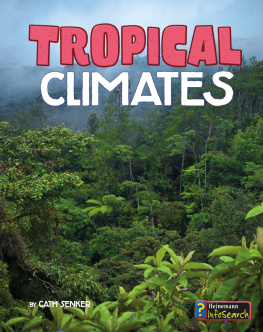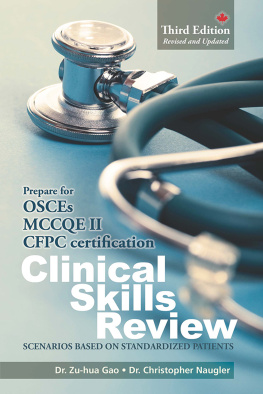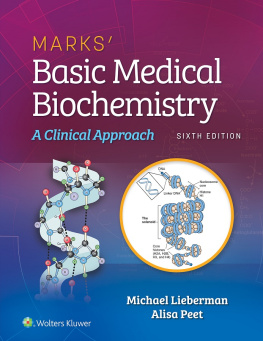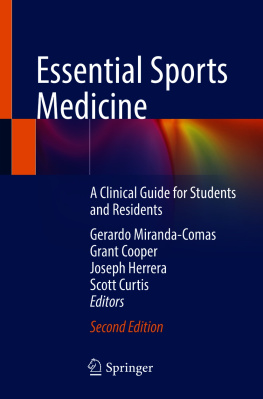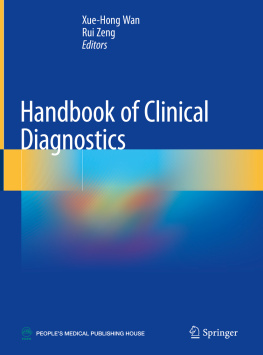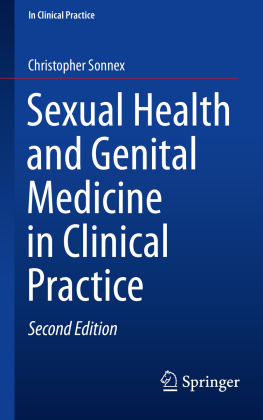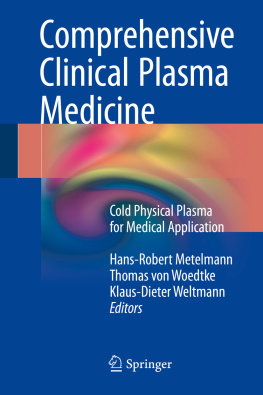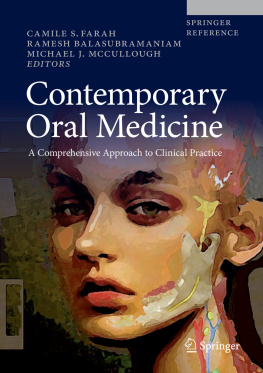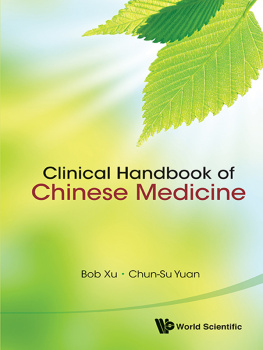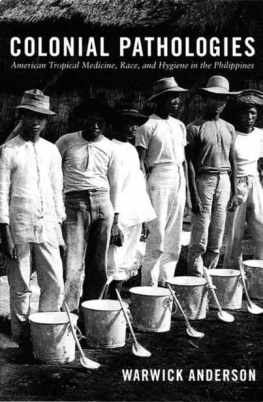The Rise and Fall of
a Medical Specialty
LONDONS CLINICAL
TROPICAL MEDICINE
G C Cook
MD, DSc, FRCP, FRCPE, FRACP, FLS
Visiting Professor, University College London
Published as an ebook by Amolibros at Smashwords 2014
Amolibros
About this book
In the late nineteenth century it became clear to the British government that health hazards facing those serving in warmer climates, particularly West Africa, were unacceptable. This led to the origin of a new clinical specialty tropical medicine. Until the Great War (1914-18), the discipline flourished not only in Britain but in every country with possessions in a warm climate. However, in the 1920s, for reasons outlined in this book, tropical medicine in London became incorporated into the nascent School of Hygiene, established primarily with American finance. The essential clinical component was largely ignored and was continued by the Seamens Hospital Society and subsequently the National Health Service. This separation, both geographically and administratively, led to a divorce of the clinical component from the basic sciences, each of which was in effect under control of a separate body. Although the London School of Hygiene (and Tropical Medicine) has survived intact, the clinical component has undergone an irreversible downhill trend.
This book explores the origins and subsequent decline of what is more appropriately designated colonial medicine
About the Author
Professor Gordon Cook, DSc, MD, FRCP has had a great deal of experience of academic medicine in several tropical countries: Uganda, Zambia, Saudi Arabia and Papua New Guinea. He has also worked in Nigeria. In the latter years of his active career, he was employed at Londons Hospital for Tropical Diseases, when he viewed the subject from a British perspective. He has thus witnessed tropical medicine from both aspects. He considers that separation of the essential clinical dimension which occurred in the 1920s from basic sciences has had a disastrous effect on Londons tropical medicine.
Copyright G C Cook 2014
First published in 2014 by TROPZAM
11 Old London Road, St Albans, Herts, AL1 1QE
Published electronically by Amolibros 2014
http://www.amolibros.com
The right of G C Cook to be identified as the author of the work has been asserted herein in accordance with the Copyright, Designs and Patents Act 1988.
All rights reserved. This book is sold subject to the condition that it shall not, by way of trade or otherwise, be lent, resold, hired out or otherwise circulated without the publishers prior consent in any form of binding or cover other than that in which it is published and without a similar condition including this condition being imposed on the subsequent purchaser.
British Library Cataloguing in Publication Data
A catalogue record for this book is available from the British Library.
This book production has been managed by Amolibros
http://www.amolibros.com
eBook production by Oxford eBooks Ltd.
www.oxford-ebooks.com
Preface
In the early years of the twentieth century, Britain possessed numerous colonies and territories in warm regions of the globe. In many, the level of morbidity and mortality amongst the servants of Empire and Raj was unacceptably high. In order to partially rectify this situation, the Secretary of State for the Colonies, Joseph Chamberlain (1836-1914), decided to exploit a new medical discipline tropical (later termed colonial) medicine to extend his concept of constructive imperialism, ie to give medical assistance both preventive and curative to British expatriates posted to unhealthy locations in warm climates.
This concept rapidly took off, to such an extent that the new medical specialty was accepted and used by virtually all travellers to warm climates. In fact, a new medical discipline had been born. This development rapidly extended to every country with territorial possessions in a warm climate, and until the second World War (1939-45) was proceeding uninterruptedly.
Whereas several individuals attempted in the 1940s to preserve the continued existence of clinical tropical medicine in Britain a country which was left in a somewhat decadent state following two world wars this medical specialty experienced several major catastrophes. The clinical discipline as a result underwent a serious decline.
In the late twentieth century, independence of colonies and territories in the tropics followed Harold Macmillan (1894-1986)s wind of change speech which preceded the dispossession of most British colonial possessions, and the requirement for colonial medicine declined. In addition, the British Government, via the Colonial Office, failed to support the discipline financially.
In the twenty-first century, therefore, Britain has very few employees officially serving in the tropics and the major necessity now is for prophylactic advice to personnel embarking on a, usually brief, business expedition or holiday in a tropical country travel medicine. In consequence, there is little or no need for a centralised curative service (prophylaxis is now more efficient, and curative regimes are far more effective and safer than in former times); advice and treatment can easily be obtained at an infectious diseases department close to the individuals place of domicile, rather than a far-off specialist hospital as existed in the early twentieth century in London and Liverpool. In fact, colonial medicine is now a discipline of the past and should be recognised as such. In this short book I have enlarged on this theme, i.e. on a widespread demand in the early twentieth century, followed by a rapid decline in the requirement for tropical or colonial medicine in London, and Britain generally.
Throughout this book I have used the term clinical (which has a Greek origin) in its original sense; the Shorter Oxford English Dictionary defines it as of or pertaining to the sick-bed. In recent years, the term has been used in several other contexts.
G C Cook
St Albans October 2011
References and Notes
P T Marsh. Chamberlain, Joseph (Joe) (1836-1914). In: H C G Matthew, B Harrison (eds). Oxford Dictionary of National Biography. Oxford: Oxford University Press 2004 ; 10: 923-34. [See also: G C Cook. Tropical Medicine: an illustrated history of the pioneers. London: Academic Press 2007: 278.]
G C Cook. From the Greenwich Hulks to Old St Pancras: a History of Tropical Disease in London. London: Athlone Press 1992: 338; G C Cook. Origin of a Medical Specialty: the Seamens Hospital Society and Tropical Medicine. St Albans: Tropzam. 2012: 182.
H C G Matthew. MacMillan (Maurice) Harold, first Earl of Stockton (1894-1986). In: H C G Matthew, B Harrison (eds). Oxford Dictionary of National Biography. Oxford: Oxford University Press 2004; 35: 879-96.
List of Illustrations
Sir Andrew Balfour (1873-1931): President of the Royal Society of Tropical Medicine and Hygiene (1925-7).
Scene in Nigeria in 1961, exactly one hundred years after foundation of the colony: Lagos from the harbour.
Joseph Chamberlain (1836-1914): British Secretary of State for the Colonies (1895-1903): Courtesy National Portrait Gallery, London.
(Sir) Patrick Manson (1844-1922): father of modern Tropical Medicine, and the first President of the Royal Society of Tropical Medicine and Hygiene (1907-9).
Cartoon in Tropical Life (April 1926): a contemporary appeal for funding tropical medicine.


